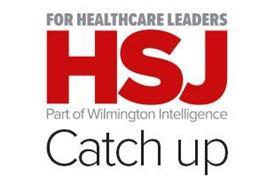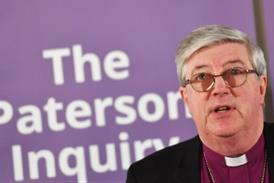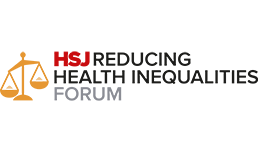- Report into King’s College Hospital Foundation Trust reveals multiple financial failings
- Special measures trust was overoptimistic on income and failed to measure spiralling staff costs
- Trust had to revise deficit projections twice in a year, then went onto miss these amended forecasts
A teaching hospital that ran up a deficit of more than £100m overstated the income it hoped to receive while significantly increasing staff numbers, a report has revealed.
King’s College Hospital FT last week released the results of PwC’s investigation into how its deficit for 2017-18 rose from a planned £38.8m to £70.6m, then £92.2m over the course of the year. The £1.1bn turnover organisation ended the financial year with a deficit of £129.6m.
The report, dated February 2018, showed the organisation planned on receiving £46m more in income than it received, while pay costs increased by £28m.
The organisation was placed in financial measures in December 2017, with the chair, finance director and chief operating officer leaving in November and chief executive Nick Moberly going in April this year.
Of the income shortfall, commissioners’ challenges and fines accounted for £15m. The trust had also arranged a block contract with local clinical commissioning groups, which left it £5m down on what it would have been paid under the payment by results system.
Another £6m expected for bone marrow transplant work came to nothing. The trust had assumed the Royal Free London FT would continue to send it this work, and was also constrained by a lack of beds.
In addition, the trust hired 400 new nurses and doctors over the two years leading up to the end of 2017-18.
This increased the total pay bill by £28m, with only a third of the increase accounted for in business plans signed off by the finance department. The report found a significant mismatch between the finance and HR departments’ records of how many people the trust actually employed.
More than £12m of the £28m increase was on medical staff.
PwC’s investigators said: “Given the trust’s financial position, it needs to critically assess the contribution (financial, operational and quality) that these increases have driven. Where insufficient the trust needs to consider removing these costs.”
Over the same period, savings drives misfired or failed to deliver, with the trust spending £5m in 2016-17 on a 15-man specialist savings unit. This yielded £5.9m in savings in-year, the report said.
“The King’s Way” programme was intended to deliver between £40m and £50m in savings from then to the end of 2019-20. The team had delivered £10.9m of the revised £33m estimate so far, the report said.
Over the four years leading up to and including 2017-18, the organisation’s savings plans gradually shifted from taking out cost to maximising income. The proportion of schemes that involved removing cost fell from 80 per cent to 50 per cent in this period.
It also suffered from a significant increase in emergency work, which is expensive and poorly remunerated under NHS internal market payment roles. This also led to the cancellation or deferral of more profitable elective procedures.
The trust currently has the highest number of elective patients waiting more than a year for treatment, 449, and is putting significant amounts of work out to the private sector to catch up.
Pathology, drug and litigation costs also rose from 2016-17, PwC said.
Problems of the trust’s own making included keeping £4.2m of national insurance and tax deductions from workers in a balance sheet expense account rather than the main income and expenditure account, plus not carrying out a quarterly review of “accruals or provisions”.
The report said: “There has clearly been a loss of rigour and grip in the finance function. We therefore consider that the trust should perform a full review of its finance function, to include systems review, capacity and capability, as well as balance sheet and ledger process review.”
The trust said in a statement: ”The trust is implementing the report’s recommendations regarding improved control of systems, processes, data quality and stricter financial governance and reporting. While the trust continues to face significant challenges it has embarked on a long-term recovery plan to stabilise and improve its position.”
Downloads
PwC Baseline Report - February 2018 - Final - For Publication
PDF, Size 7.16 mb
Source
PwC report
Source Date
2018




























28 Readers' comments